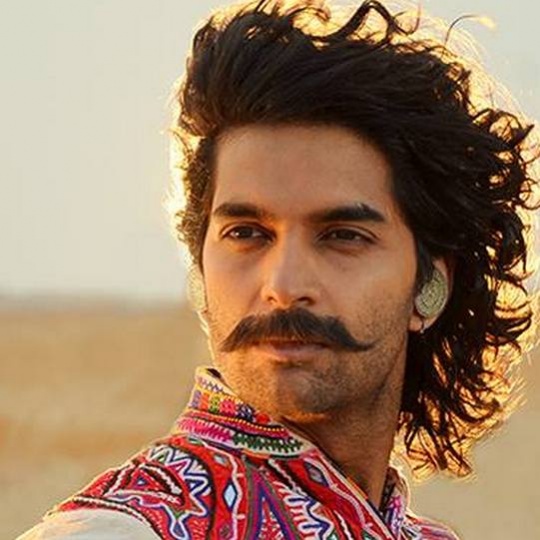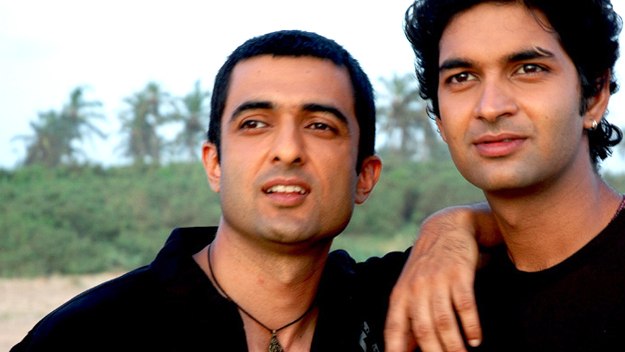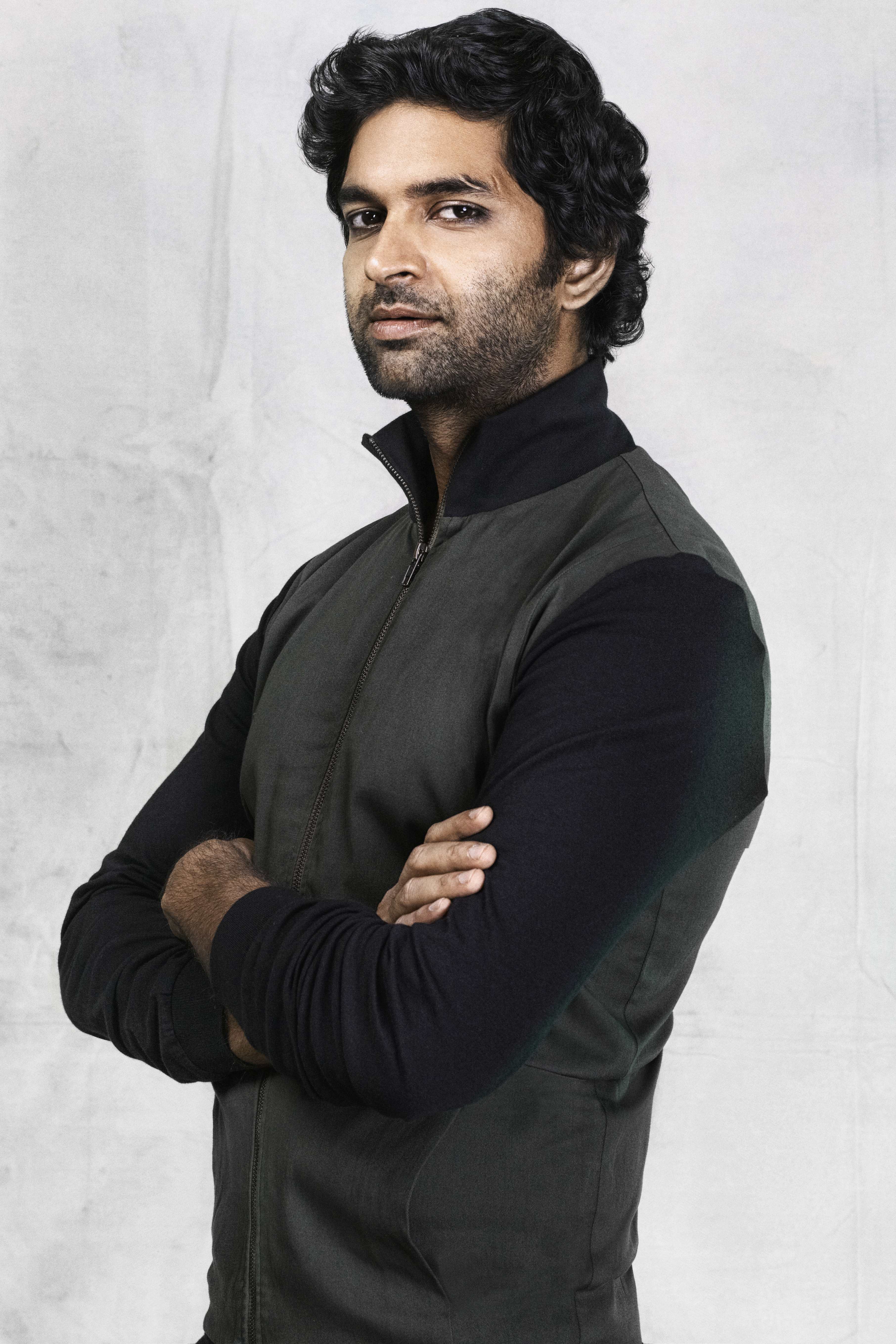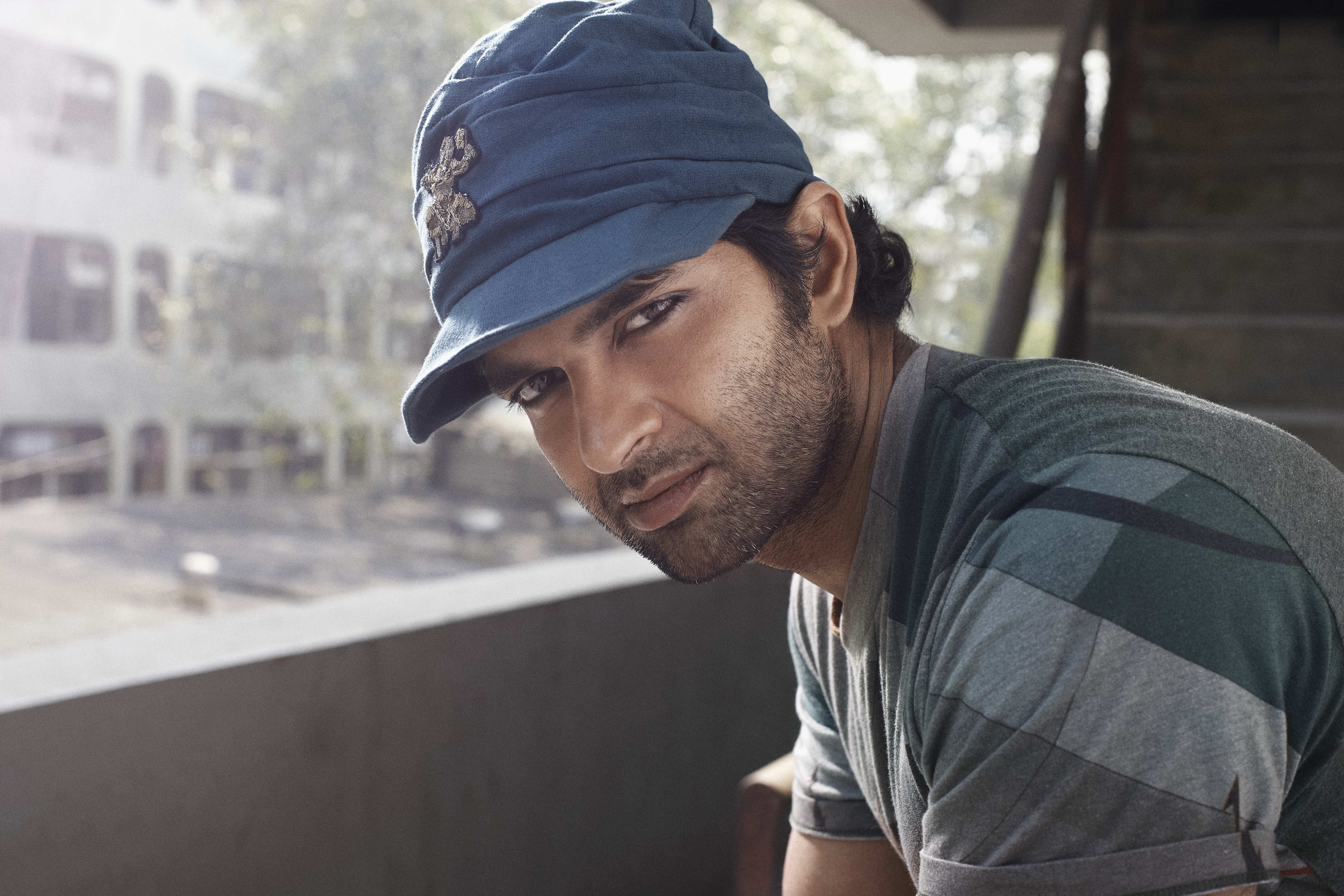Actor and former VJ Purab Kohli is enraged by the recent rape of a child in Bangalore and the crimes against women in the rest of the country. “I thought, after the December 12 case in New Delhi, these incidents would stop but they seem to be spreading like an epidemic. I just sat still watching in disbelief the photos of the young girls who were raped and then hung in Budaun. Nothing has changed even after all the horror expressed over Nirbhaya. In India, the issue is that most men look at women as sexual objects. They cannot look at them as a gender they can befriend in an neutral context…it is hard for them to believe that being friendly with a woman and treating her like an equal is normal and possible. That if a woman is friendly..she is not looking to be violated.”
The actor, who will be in Bangalore on July 25 to perform in Atul Kumar’s play Trivial Disasters, says, “Kalki Koechlin (his co-star) was telling me that in Mumbai, she is aware of a young group of girls who invite boys in a playground to mix with them and play sports. That is a healthy way to get the genders together right from the beginning.”
In a chat , Purab speaks about where gender violence originates from, his life as an actor and his work for different causes.
What causes gender violence?
When asked if cinema and television should be responsible in the way they portray women, he says, “Be it a film-maker or a man on the street, their attitude towards women stems from what they see at home. If they have seen women being subjugated and oppressed, they will mirror the same attitudes. Popular entertainment is about playing to the gallery and we can’t stop people from making films, writing lyrics or doing comedy that targets women. There is an audience watching this content, remember? But we can as individuals check our own response to gender issues, to women. I grew up around very powerful women and can’t imagine disrespecting them or anyone else because I know I will be beaten up! I wish, women too would stand up to anyone who violates their dignity. They should react the moment someone crosses a line.”
On the LGBT community
Purab’s break out role in Onir’s My Brother Nikhil brought him in touch with the fact that no film before this one in India had tackled homosexuality with sensitivity and dignity.“That is true,” he says and adds, “It gave a certain respect to the issue that is missing in Indian cinema. The emphasis has always been more on comedy and caricaturing the gay community. It is important that in a relatively conservative culture like ours, cinema should approach this subject sensitively. Neither as a joke, nor as something created only for shock value.” He continues, “My mother’s best friend was gay and I was raised to treat homosexuality as a normal thing. After My Brother Nikhil, I got a lot of attention and some of it was because I was presumed to be gay too! I am not but I hope, in the next 10 years or so, society will become more accepting of LGBT rights.”
The beginning
Purab never went to an acting school but does recall attending theatre and film actor Vinay Pathak’s 15-day workshop before he started work on his first big job in Nupur Asthana’s school narrative Hip Hip Hurray (1998). “I had a six month break and was trying different things when an audition landed me this role and some pocket money,” he says with a laugh.
“Whatever I have learnt since then has been on the job, watching other actors, directors. I have basically worked on and with myself to get better, tuning my own perspective into various parts,” says the actor whose standout performances include the sensitive portrayal of a supportive gay partner in My Brother Nikhil (2005), a band member in Rock On! (2008) and a sperm donor in I Am (2010). His recent critically-acclaimed film Jal saw him playing a villager. “I grew a moustache, hung around for over 45 days with the people in the Rann of Kutch, ate their food, learnt their dialect and slowly became Bakka, the water diviner. Till then I had played only urbane characters and this was a good way to surprise myself and others.” He says he would love to do mainstream commercial cinema but on some level, it should make sense to him. “No one offers me masala films though it would be interesting to follow a director and see where he takes me,” he says with a smile. On his wish list are directors who have combined entertainment with substance perfectly. “I would love to work with Vishal Bhardwaj, Dibakar Banerjee and Rakeysh Om Prakash Mehra,” he says. He is looking forward to his next, Tere Aane Se, with Rituparna Sengupta.
From reel life to hyper reality
He was seen recently in Jhalak Dikhla Ja, the Indian version of Dancing With The Stars. The show was originally meant to showcase the dancing talent of celebrities but strays into strange comic zones and you wonder how the participants, including Purab, deal with the focus on everything but dance. He says, “It is a highly watched show. It is television and it is TRP-driven and you can’t fight the nature of the business. The level of dancing though remains uncompromised and my first aerial act (shot with cables across a wall) was something even I was not sure about but I pulled it off.
I am choosy about my cinematic work so this was a good platform to reconnect with the audience. I would love to do Fear Factor because I like adventures but am not a big fan of other reality shows. After Hip Hip Hurray, I haven’t been offered any TV narratives with the same sensibility. But a trend of short TV series is emerging and I have been offered some interesting content. Maybe, the way TV is being watched will change because the audience taste goes through phases as well.
Of resolutions and serendipity
He is happy with the way the year has shaped so far and says, “At the beginning of this year, I set a challenge to myself that I will open myself as an actor and learn and do new things. With Jhalak, I got the chance to reconnect with the dancer in me because I used to love dancing. And I have never done theatre so I was hoping to do something after Jhalak. I have always loved Atul Kumar’s theatrical work and I thought, I would call him and ask him if he had something for me. It was just such a thrill when he called to offer me Trivial Disasters. It was like I set an intention and someone delivered. And now we are set to tour the country and I could not be happier.”
On causes and activism
Being an actor may have been a choice but activism comes naturally to him. He says, “My mother actively works with NGOs and social groups. My sister works in the social sector and is in Africa at the moment so social responsibility was always a part of my environment. Over the years, I have worked to support animal welfare, children and pregnant women and am very fond of this NGO called Toy Bank that collects toys for underprivileged children. I will be associated with them in the future as well.”
Reema Moudgil works for The New Indian Express, Bangalore, is the author of Perfect Eight, the editor of Chicken Soup for the Soul-Indian Women, an artist, a former RJ and a mother. She dreams of a cottage of her own that opens to a garden and where she can write more books, paint, listen to music and just be silent with her cats.










 with
with